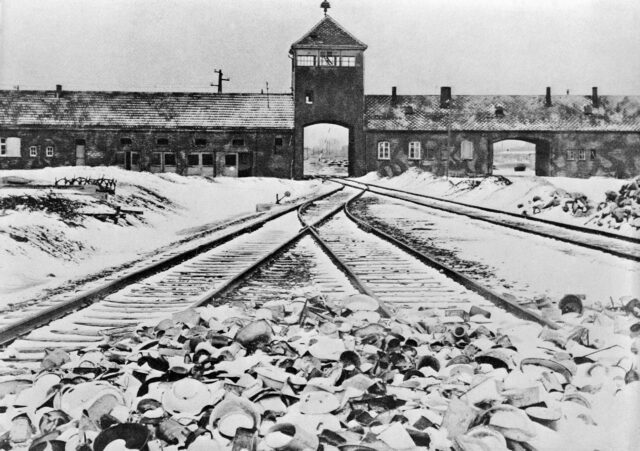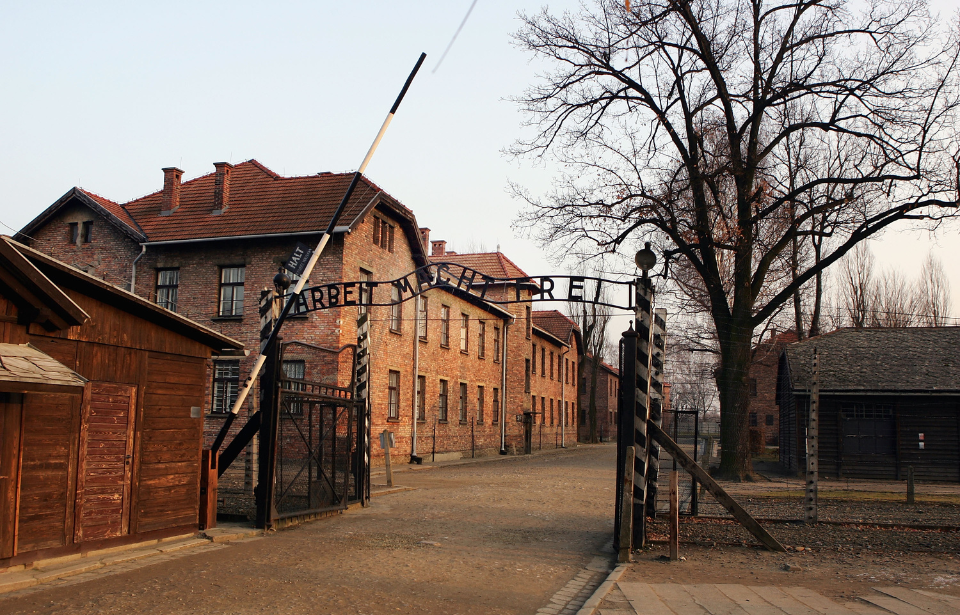The first transport of prisoners arrives at Auschwitz
On June 14, 1940, one of the darkest chapters in human history began with the arrival of the first transport of prisoners to Auschwitz, in German-occupied Poland. This event marked a significant escalation in the atrocities of World War II and the Holocaust.
After invading Poland in September 1939, Germany set up Auschwitz to detain Polish political prisoners and Resistance fighters. Located near the town of Oświęcim, the site was chosen for its strategic location and railway connections. Under the leadership of the Reichsführer, the SS transformed the camp into a key part of Germany’s repressive regime.

This group consisted of 728 Polish political prisoners – mainly Resistance fighters and intellectuals – who were transported from Tarnów prison. Upon arrival, they were assigned prisoner numbers, starting from 31, as the first 30 numbers were reserved for German criminal prisoners who’d been brought in earlier to act as overseers.
Auschwitz soon expanded beyond its original purpose, growing into a complex that included Auschwitz I (the main camp), Auschwitz II-Birkenau (an extermination camp) and Auschwitz III-Monowitz (a labor camp).
By 1942, Auschwitz had become the central site for the Führer‘s Final Solution – the extermination of Europe’s Jewish population. Millions of Jews and other persecuted groups were deported to Auschwitz, where many were killed in gas chambers, subjected to forced labor and/or died from inhumane conditions.
More from us: Hidden Inscription in Child’s Shoe at Auschwitz Reveals a Mother’s Love
Would you like to see more daily historical content from The Vintage News? What if we sent it directly to your inbox every day? Sign up here to receive our daily Today in History posts.
The camp was liberated by Soviet troops on January 27, 1945. By that time, approximately 1.1 million people had been murdered at Auschwitz, including about 960,000 Jews, 74,000 Poles, 21,000 Roma and other groups, such as Soviet prisoners of war and political prisoners.
Today, Auschwitz stands as a powerful symbol of the horrors of the Holocaust. It’s been preserved as a museum and memorial, reminding us of the importance of remembering the past, to prevent such atrocities in the future.
